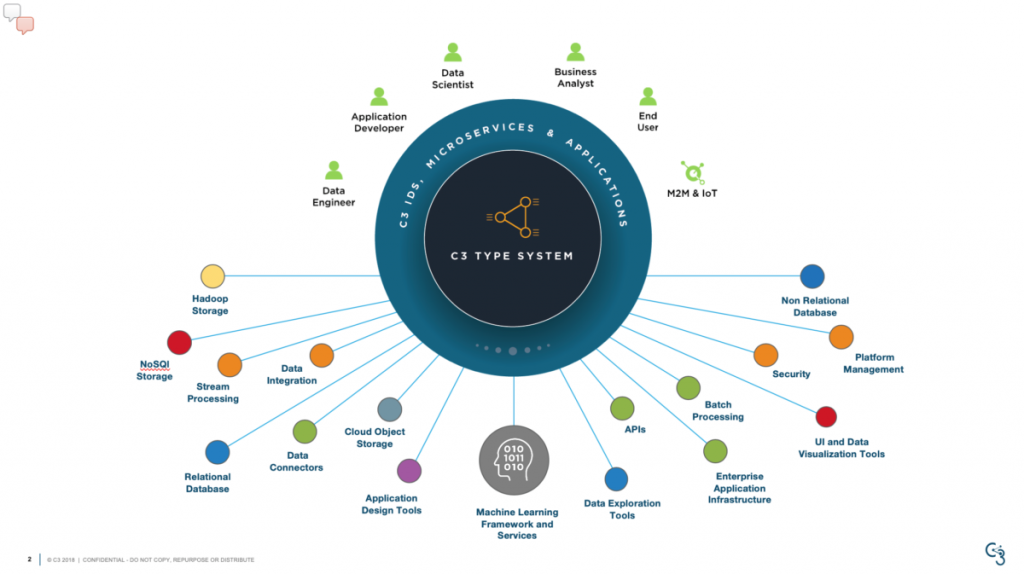The Effect of Different Cognitive
The Effect of Different Cognitive
انجام پروپوزال teaching English
Introduction
In the 1980s, the foci of second language acquisition (SLA) research were twofold: to describe natural characteristics of language acquisition and to test theory-based research hypotheses (Ellis, 2001).
The emergence of theory-based research amplified task-oriented empirical studies, and Task-Based Language Teaching (TBLT) began to attract attention from language educators (Kuiken & Vedder, 2008).
One of the research topics in TBLT is the effects of task complexity on learners’ L2 performance, with task complexity being determined by the cognitive demands imposed by task factors on learners (Robinson, 2001).
This interest in task complexity is because it is widely known that task designs may affect language learning processes (Shin, 2012).
There are two major hypotheses concerning task complexity: the Cognitive Hypothesis (Robinson, 2001), and the
Trade-Off Hypothesis based on the Limited Attentional Capacity Model proposed by Skehan and Foster (1999, 2001). Robinson (1995) assumes that cognitively more demanding tasks help learners produce more accurate and more complex language.

The Cognitive Hypothesis postulates not every complex task necessarily induces trade-off effects among different dimensions of L2 performance because different processes may draw on various attentional pools (Robinson, 2007).
On the other hand, Skehan and Foster (1997) argue that learners experience trade-off effects among complexity, accuracy, fluency (CAF) of L2 production when cognitively demanding tasks are given.
That is, when learners pay more attention to meaning, relatively less attention would be paid to linguistic forms during language production.
Based on these hypotheses, a number of empirical studies have investigated the effects of task complexity on L2 oral production in terms of complexity, accuracy, and fluency (Gilabert, 2005; Lee, 2002; Michel, 2013; Revesz, 2011; Robinson, 2005, 2007).
However, relatively few studies have focused on the influence of task complexity on the quality of written discourse (Farahani, 2011; Hosseini & Rahimpour, 2010; Kormos & Trebits, 2012; Kuiken & Vedder, 2008).
In addition, no conclusive effect of task complexity has been found for L2 oral and writing performance.
The Effect of Different Cognitive
Based on Robinson’s (2005) Cognition Hypothesis and Skehan and Foster’s (2001) Limited Attentional Capacity Model, Kuiken and Vedder (2008) conducted a study to explore the relationship between cognitive task complexity and linguistic performance in L2 writing.
In their experiment, 91 Dutch university students of Italian and 76 students of French were required to complete two writing tasks with prompts of different cognitive complexity level.
The measures of syntactic complexity, lexical variation, and syntactic accuracy provided support for the Cognition Hypothesis insofar as the written products of the more complex task came to be more accurate.
Investigating a different resource-directing factor, Ishikawa (2006) examined the effects of manipulating task complexity with respect to the immediacy of time and place on 54 Japanese L2 learners’ narrative writing.
He reported that increasing task complexity with respect to the Here-and-Now dimension led to high level of accuracy, complexity, and fluency in learners’ written language production.
Reviewing previous research makes it clear that there are only a few studies which examined the effects of resource-dispersing factors (e.g. planning time, number of tasks, and prior knowledge) on written language production.
In their recent study, Ong and Zhang (2010) applied resource-dispersing dimensions of task complexity to detect the effects of task complexity on the fluency and lexical complexity of learners’ argumentative writing.
They manipulated task complexity using two factors: availability of planning time and provision of ideas and macrostructure. There were four groups to which different levels of planning time were given: extended pre-task, pre-task, and free-writing.
One of these four groups was control group. Furthermore, the provision of the ideas and macrostructure had three levels: topic, ideas, and macrostructure group; topic and ideas group; and topic group.
They found that increasing task complexity, with respect to the planning time continuum, resulted in significantly more fluency when it was measured by mean number of words produced per minute of the total time spent on the task and lexical complexity.
Ong and Zhang (2010) also reported that the more complex task, through the provision of ideas and macrostructure, led to greater lexical complexity, but had no effect on fluency when measured by mean number of words produced per minute of transcription.
In a similar attempt, Ojima (2006) examined the effect of concept planning (as a resource-dispersing factor and as a form of pre-task planning) on three English as a Second Language (ESL) Japanese students‟ writing performance.
He reported that pre-task planning produced greater fluency and complexity, but did not improve grammatical accuracy.
In a similar vein, Wigglesworth and Storch (2009) conducted a study in order to determine whether there were any identifiable differences in the essays written by the learners working in pairs and those composed by the learners working individually.
The essays were analyzed for fluency, complexity, and accuracy.
Their findings revealed that collaboration had a positive effect on accuracy, but did not affect fluency and complexity of language production.
In a recent study, Kormos (2011) investigated the effect of task complexity on linguistic and discourse features of narrative writing performance.
He reported that FL participants produced more lexically complex texts.
In addition, the findings indicated significant differences between L1 and FL narratives in terms of lexical variety, complexity, and syntactic complexity.

Further Research
The Effect of Different Cognitive
As a result of the work in this thesis, a number of suggestions for future research have emerged. These suggestions are listed, in no particular order, below.
- The results of the study show change in students’ writing skills and their interest in the lessons, task-based instruction as an alternative teaching method is worth exploiting in educational contexts, adapting the existing course book material contributed to the development of the positive student attitudes towards the writing course.
- In future research, a similar study could be replicated with a larger number of participants for a longer period of time.
- Also, future research might examine the effects of task-based instruction on different proficiency levels. This study included students who were all at intermediate level. Future research with students of different language proficiency levels is necessary to be able to generalize the findings of further studies.
- Future studies utilizing the mean length of T-units to measure dependent clause production need to consider using the non-standard measure where independent clauses are analyzed separately.
- More studies need to be done on the effects of cognitive task complexity, writing, and pre-task planning time.
- More studies combining cognitive task complexity, writing, and the development of academic compositions need to be considered as an area of research.
-
Future research is also necessary to investigate the effects of task-based instruction on students’ oral skill improvement from a more qualitative point of view.
- Lastly, another interesting research area would be to explore the attitudes of instructors towards the employment of task-based instruction in writing or other skills. However, before investigating their ideas about this subject, instructors need to be informed about what task-based instruction is, how it could be implemented, what kinds of strengths and weaknesses it may have, and be presented with multiple examples of task types and their designs. After the training, early research could be carried out through use of perception surveys as well as by conducting interviews with instructors.
برای مشاهده مطالب بیشتر به سایت www.farzdon.ir مراجعه نماید.
The Effect of Different Cognitive
The Effect of Different Cognitive
انجام پایان نامه زبان انگلیسی

